The in-store experience took a new dimension these last decades with the arrival of new concepts of stores, revolutionizing our way of consuming, and of purchasing. What are these new concepts which transform a simple passage in a shop into an outstanding experience?
The principle of concept store appeared in Milan in 1967 with the brand Fiorucci. Elio Fiorucci sold accessories and clothes imported right from New York or London. In the 1980s, Elio Fioriucci rises and settles down on three floors and proposes from now on records, fragrances, accessories and even hamburgers.. The concept store had been born. In Paris and in France, it is Colette who launched the first shop of the type in 1997 on the Faubourg-Saint-Honoré street, a multibrands of clothes, books, silly objects, and even a water bar.
Concept stores propose a real experience in shop: we do not only come to buy clothes, but also to have a coffee, to discover an exhibition… As for example at No Youth Control, who officiates as shop, but also as art gallery to charitable projects and as a meeting place for creative parisians creative. At Creative Labo, sessions in which artists come perform are organized, and the store enables to buy all the products visible by the customer, what includes even chairs or tables!
So concept stores propose another way of going shopping: from now on we can buy products but also food, take care of one-self or having our beard shaved, and all this, in one and single place!
Another way of going shopping, pop up stores appeared in the 2000s. The principle is simple : to be discovered or on the occasion of an event, the brands rent a space in which they are going to sell their products, for a limited amount of time. Pop up stores often take place during a few days, a few weeks, or more rarely, a few months.
The customers are thus more or less obliged to hurry to buy, at the risk of not being able to find the products anymore. So pop up stores often work on the ” now or never “. But it is not to displease to the customers, that develop a feeling of exclusivity and rarity after the purchase of a product only available for a limited period.
Pop up stores are also the opportunity for the young brands which have no physical point of sale to have a direct return from the clientele on their products, what for a reasonable cost can allow them to see if they are ready to open a shop. And even the biggest names as Karl Lagerfeld or Yohji Yamamoto, opened short-lived points of sale to present certain exclusive collections.
Pop up stores are a good advertising for the brands which instigate the curiosity and arouse the attention with points of sale that disappear as fast as they appeared. And those new types of shops are not certainly on the decline, because the consumers are more and more in research for a singular experience when they go shopping. And these 2.0 stores completely meet their expectations.
Matthieu DONKENG ALIMETA
Lire la version en français
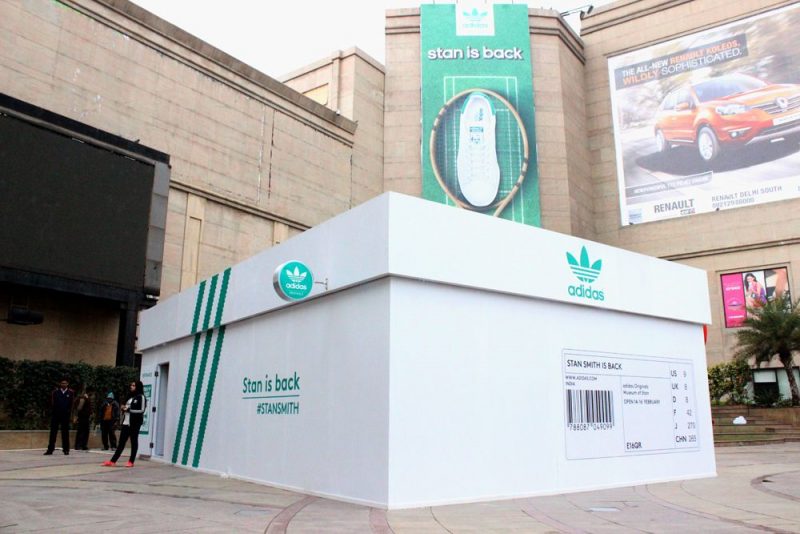
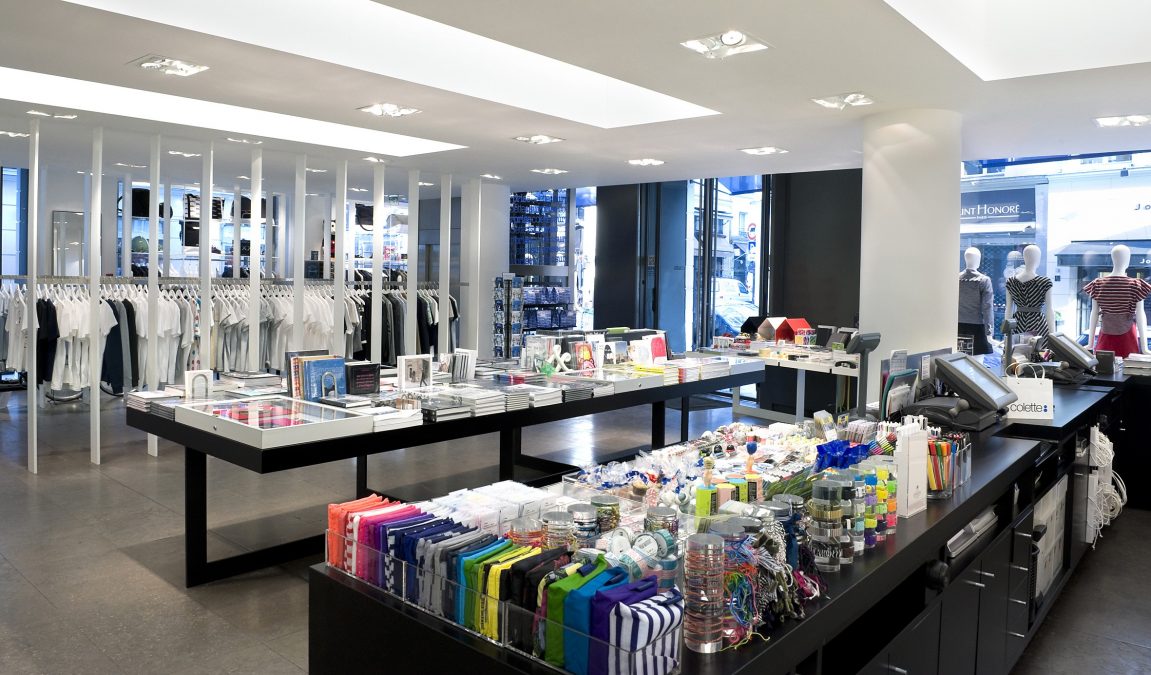
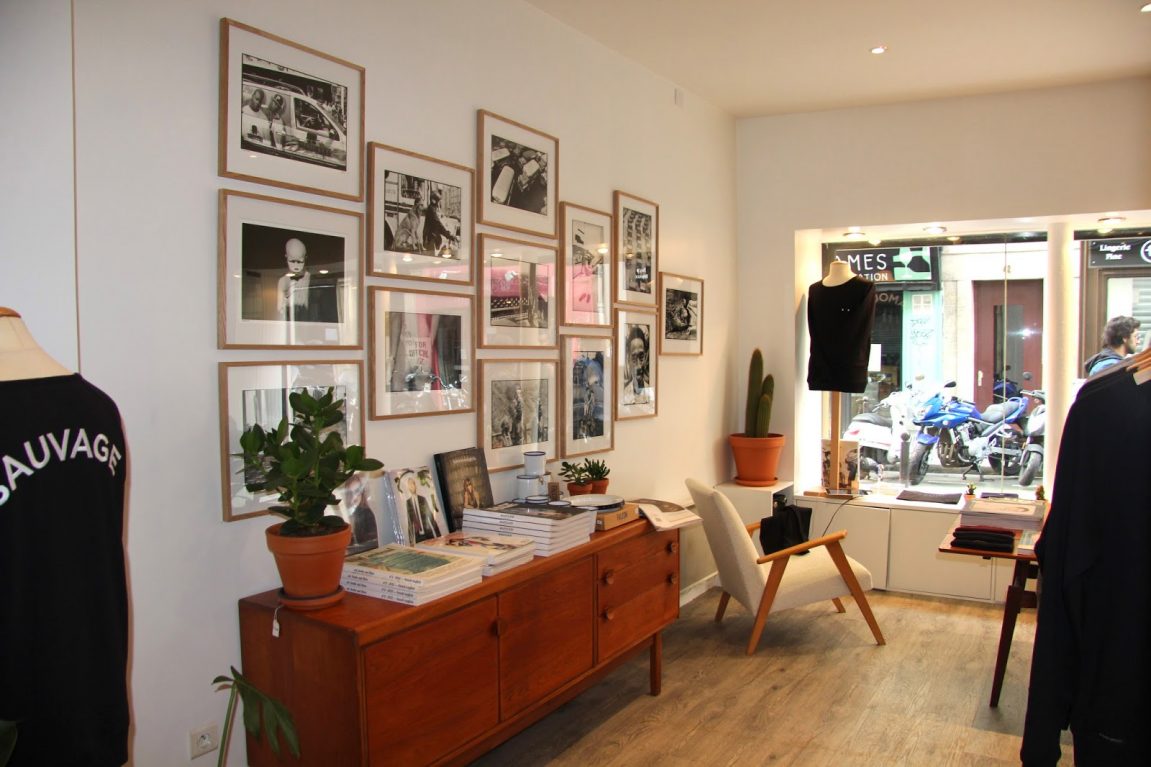
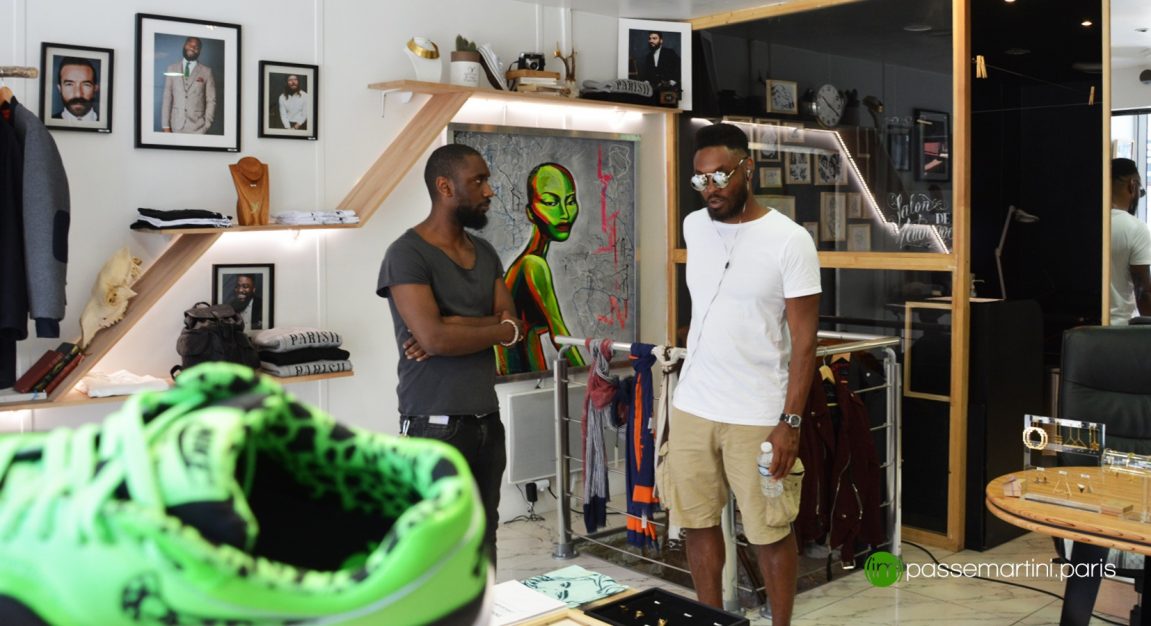
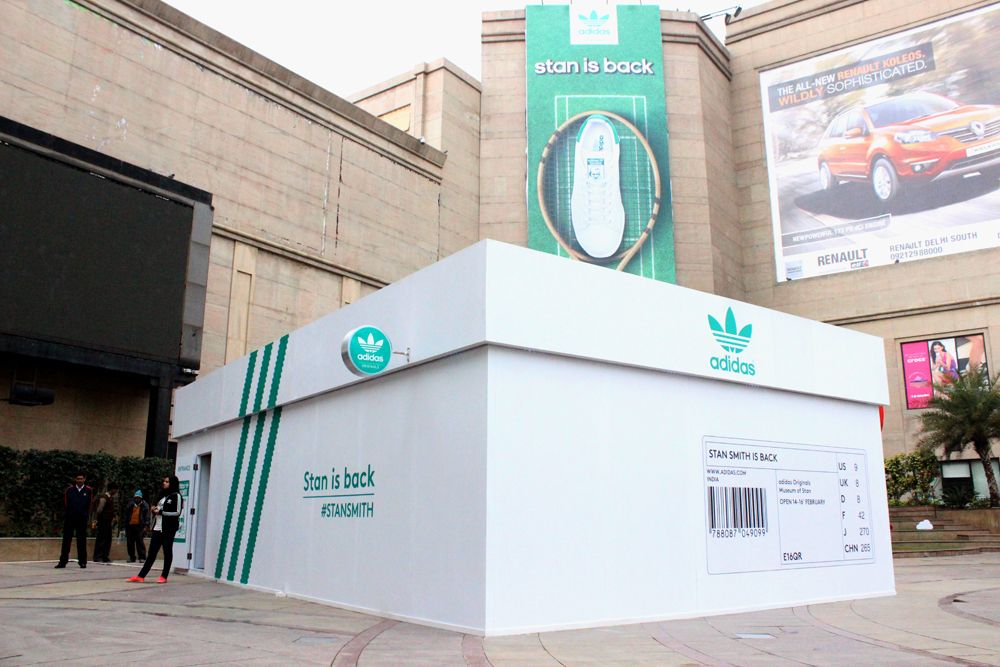
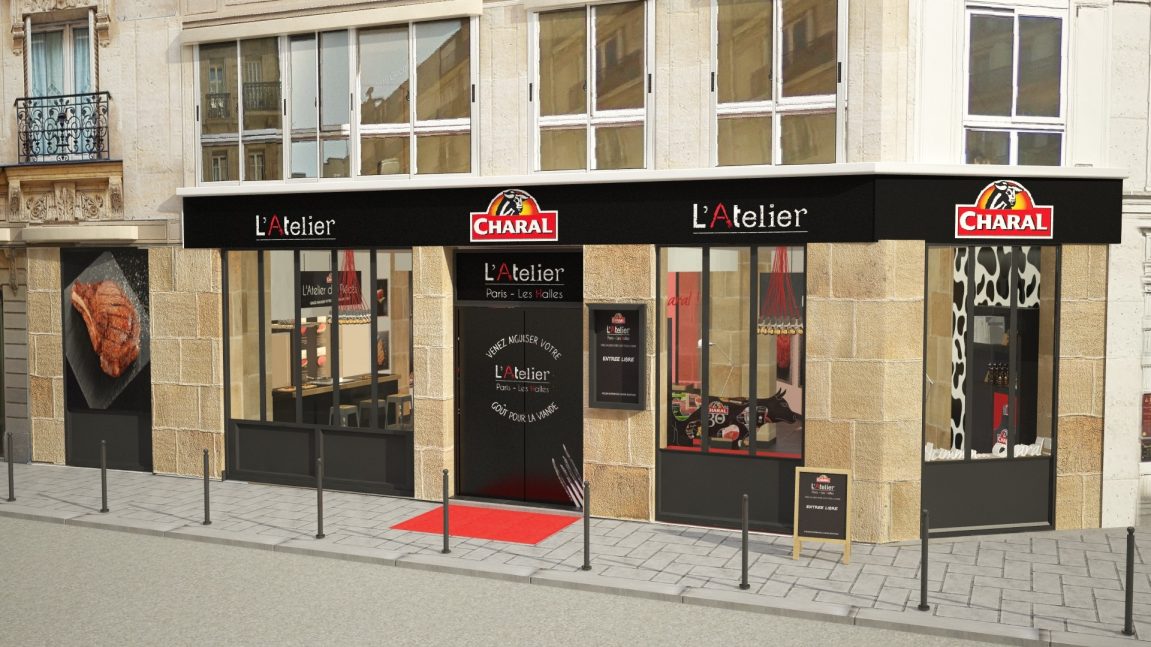
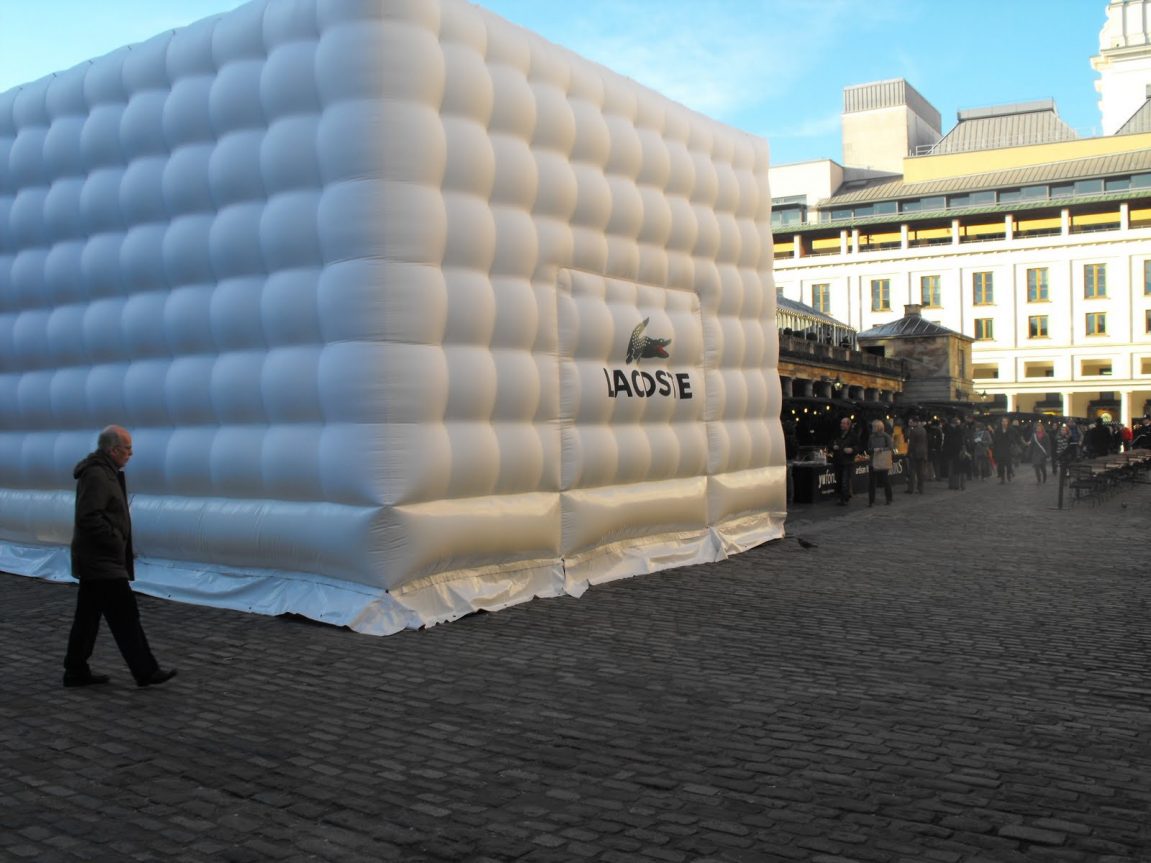
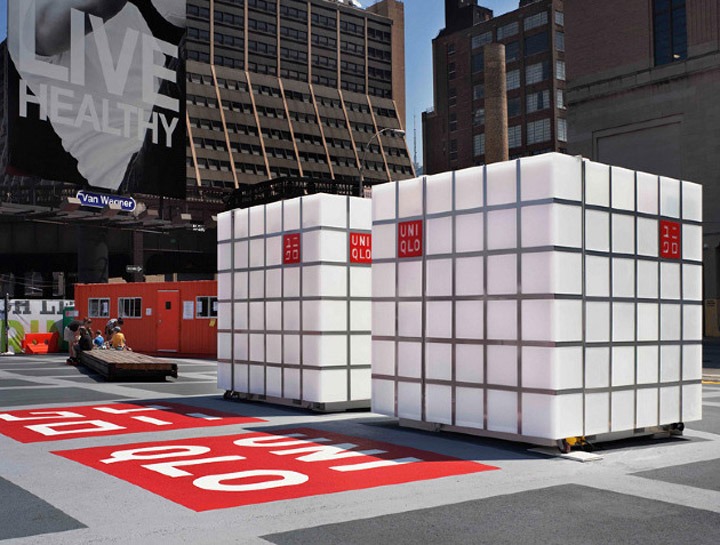



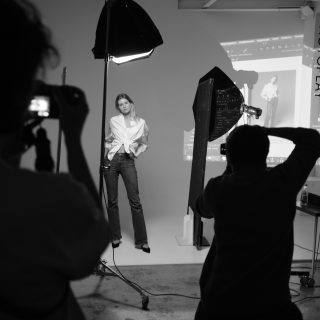

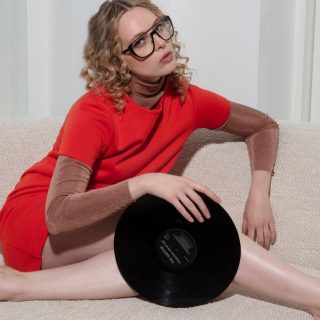
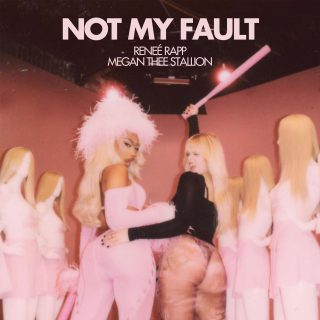

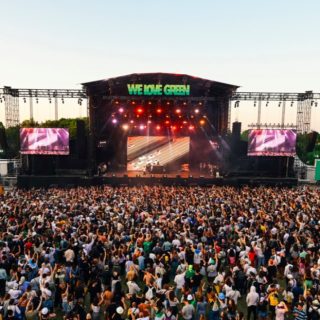
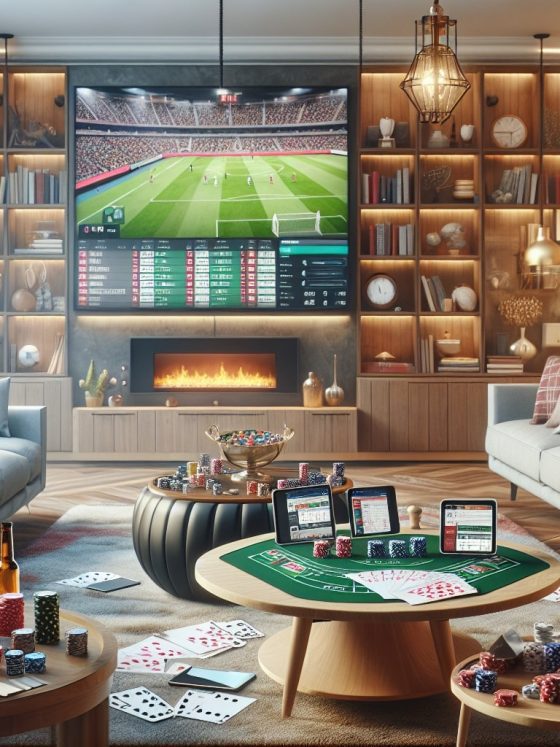

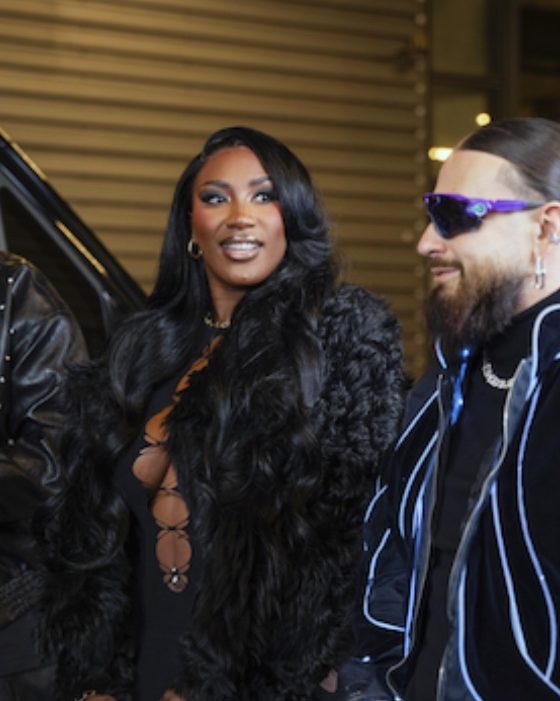

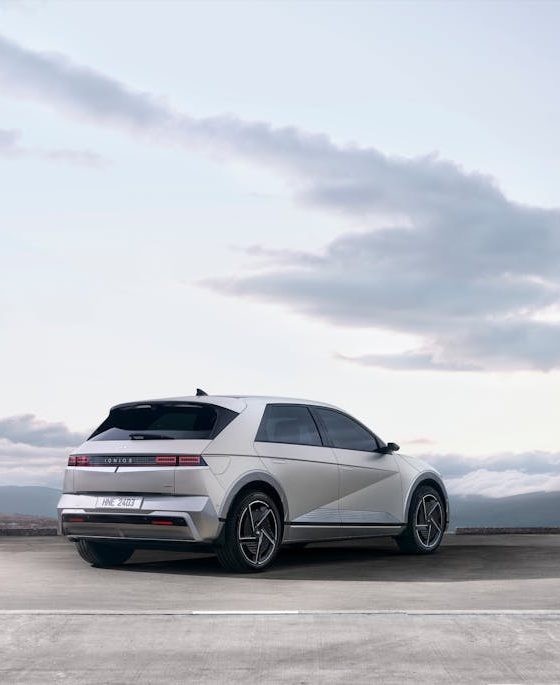

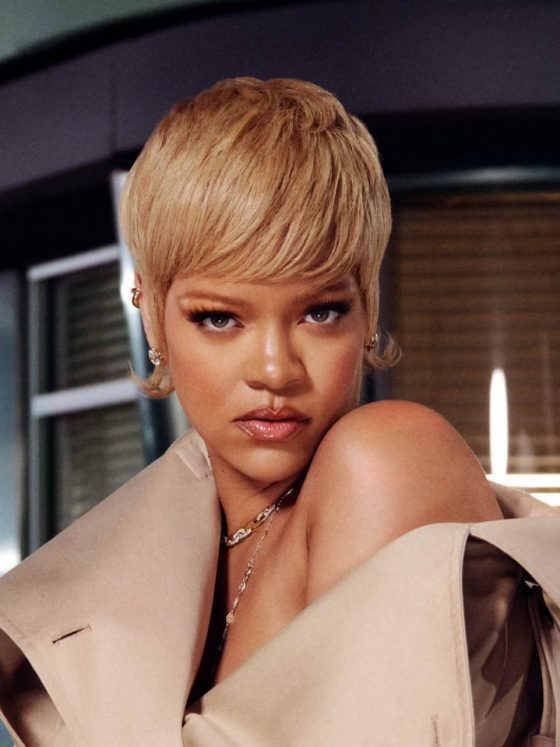
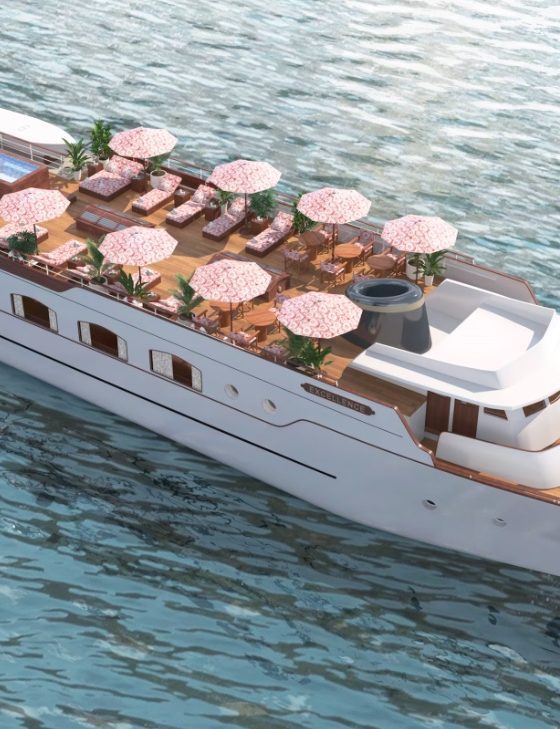
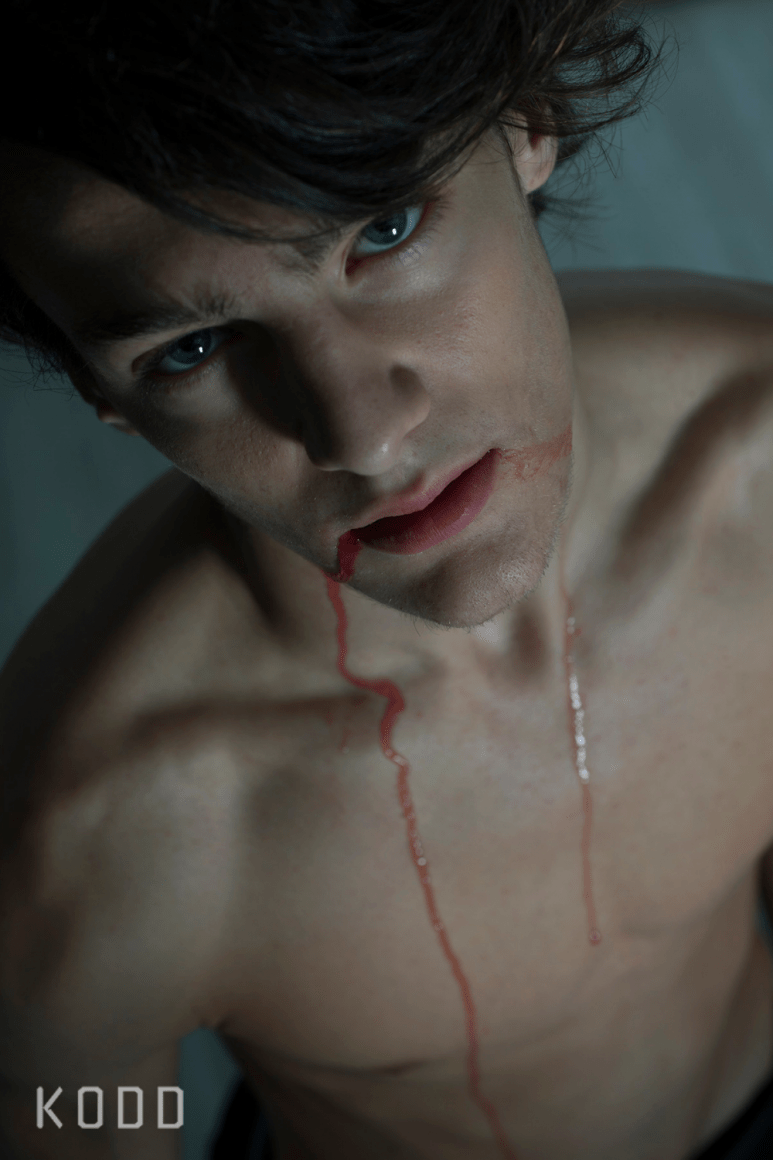
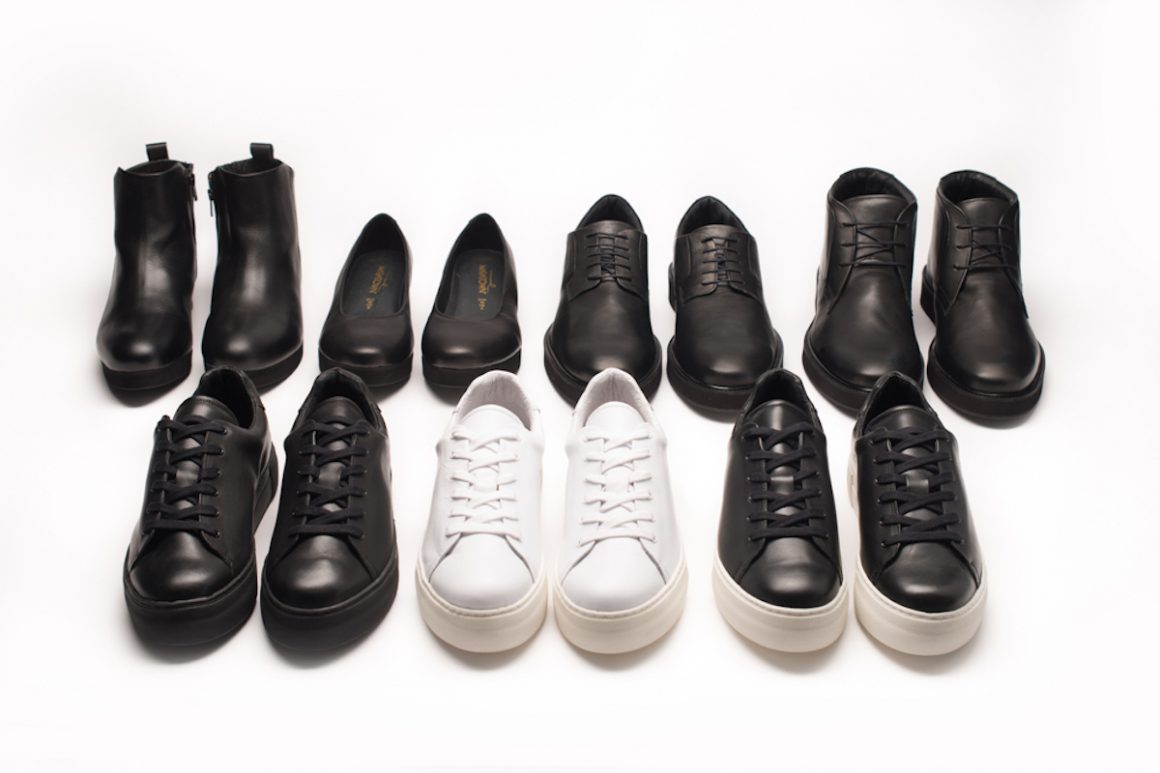
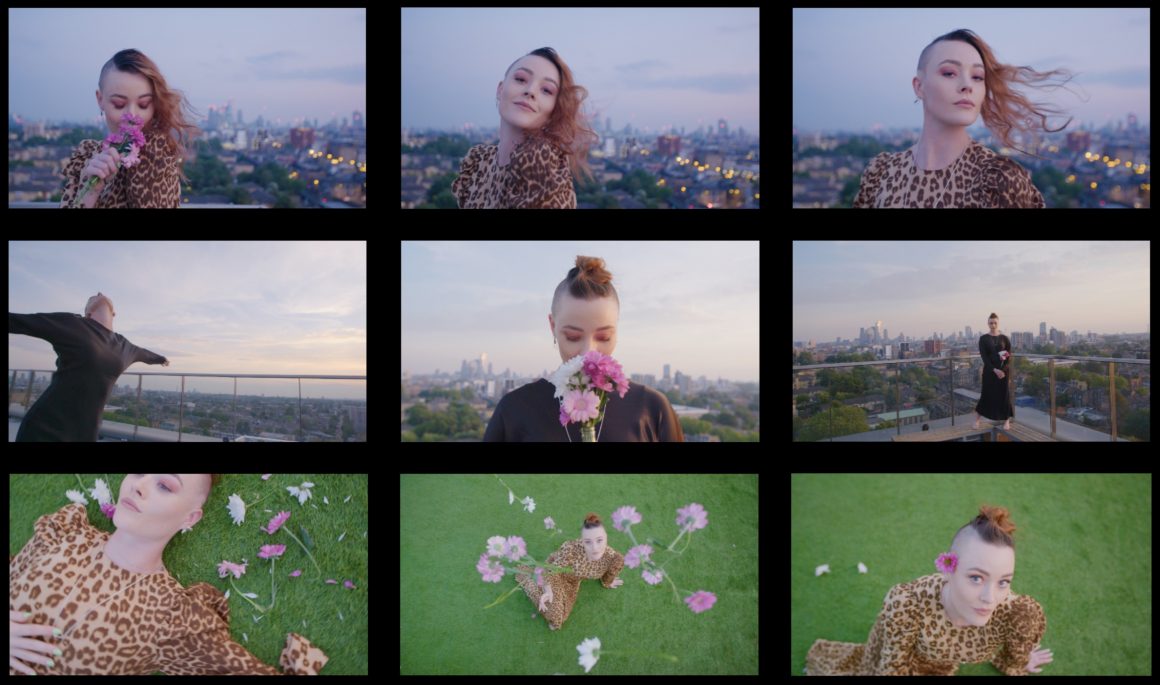
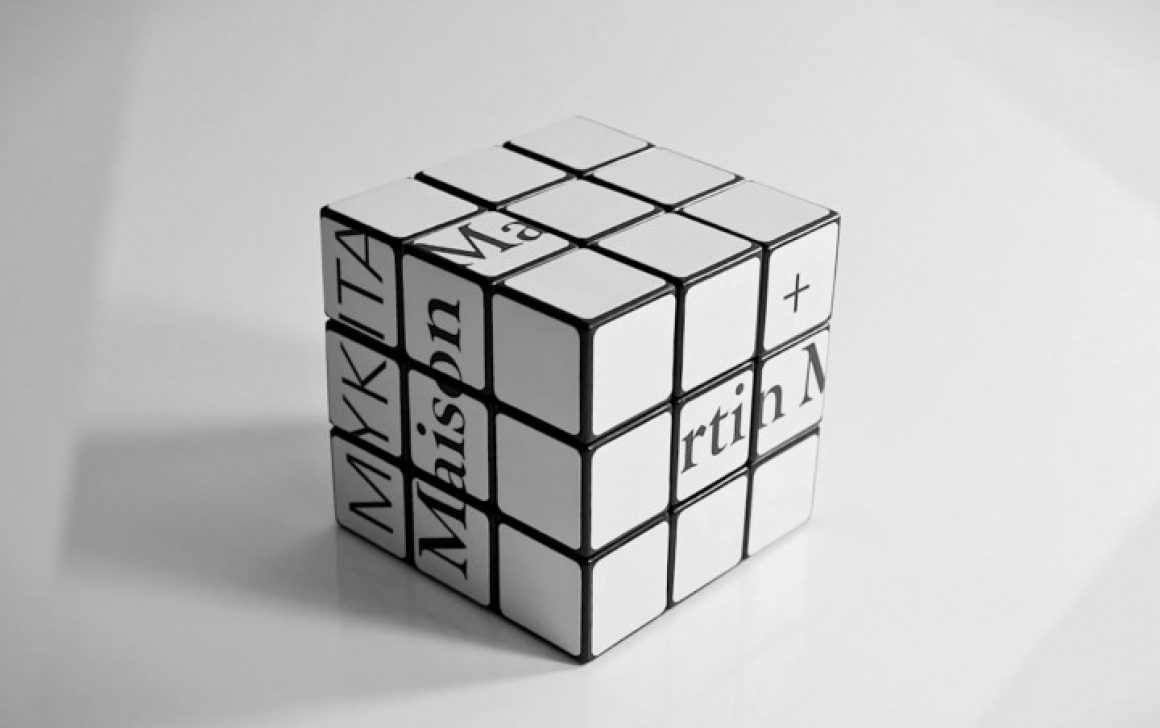
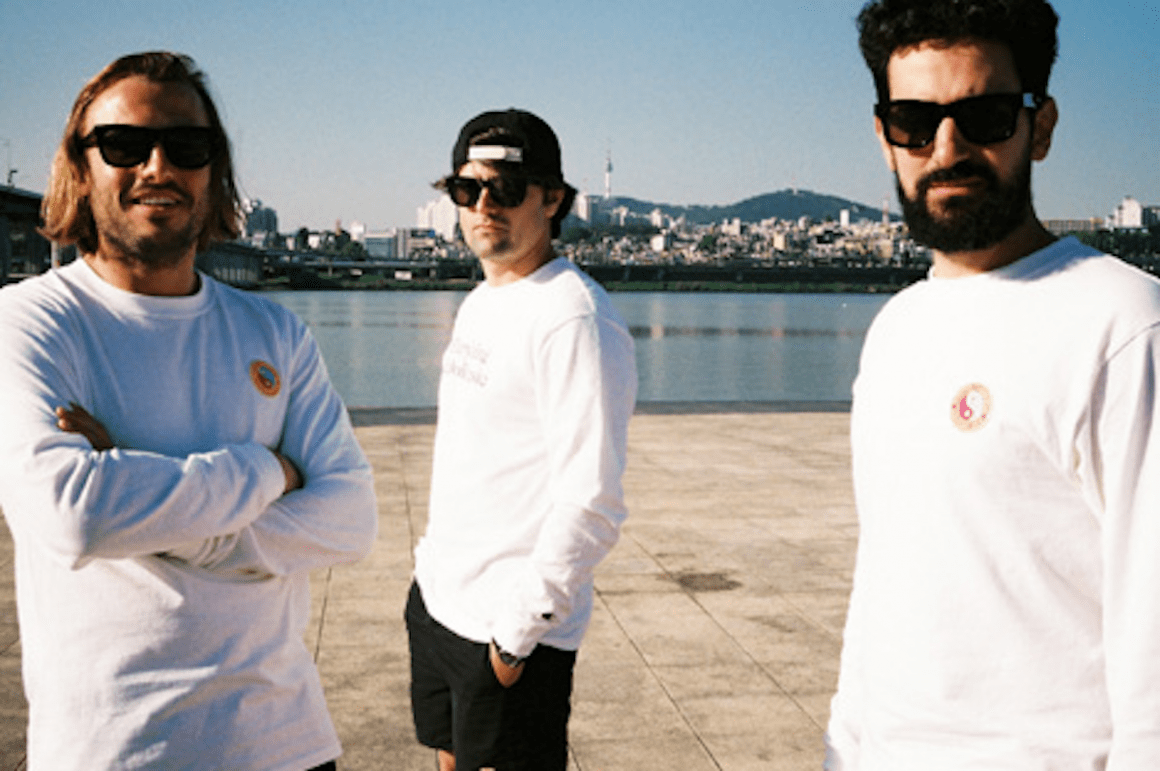
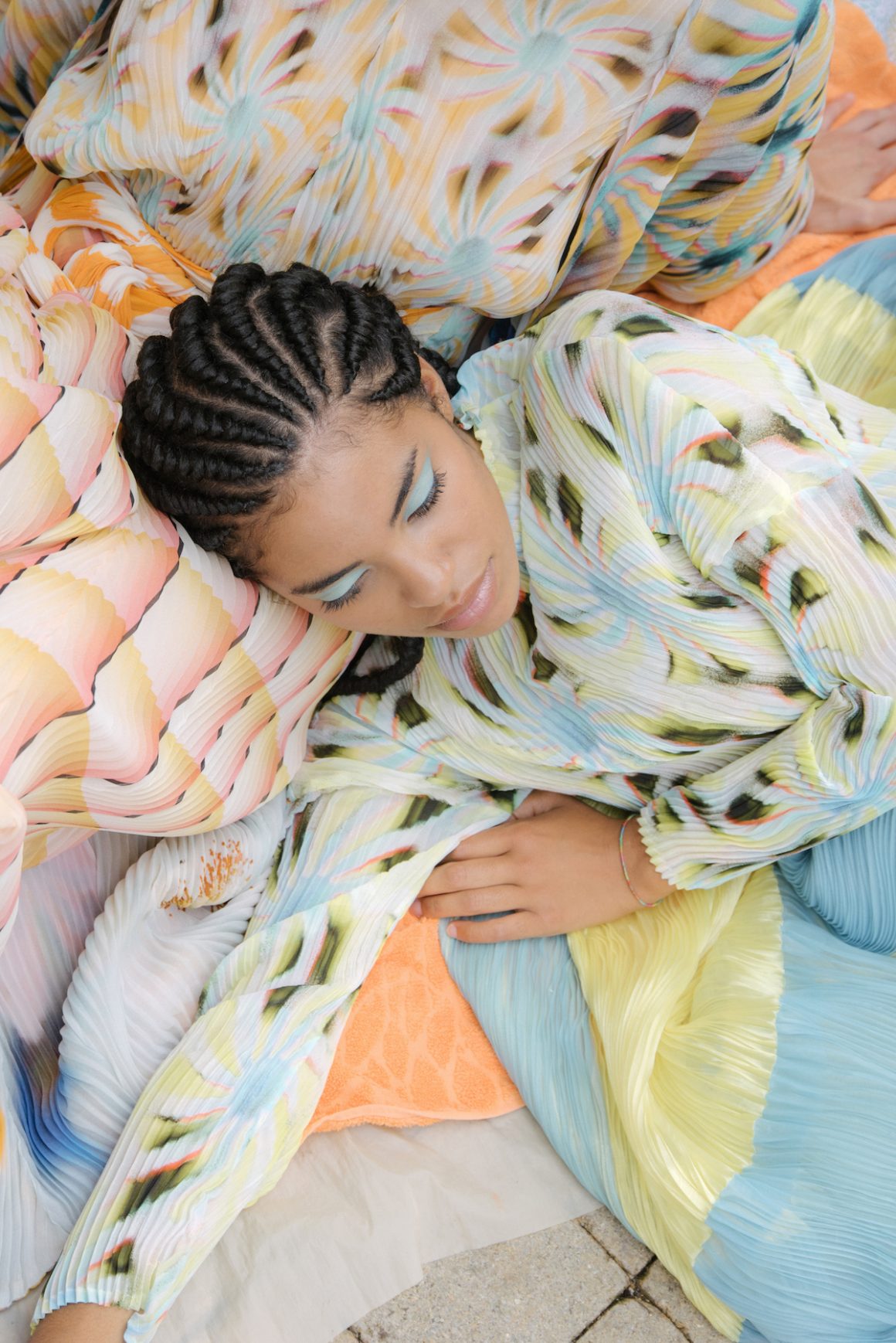
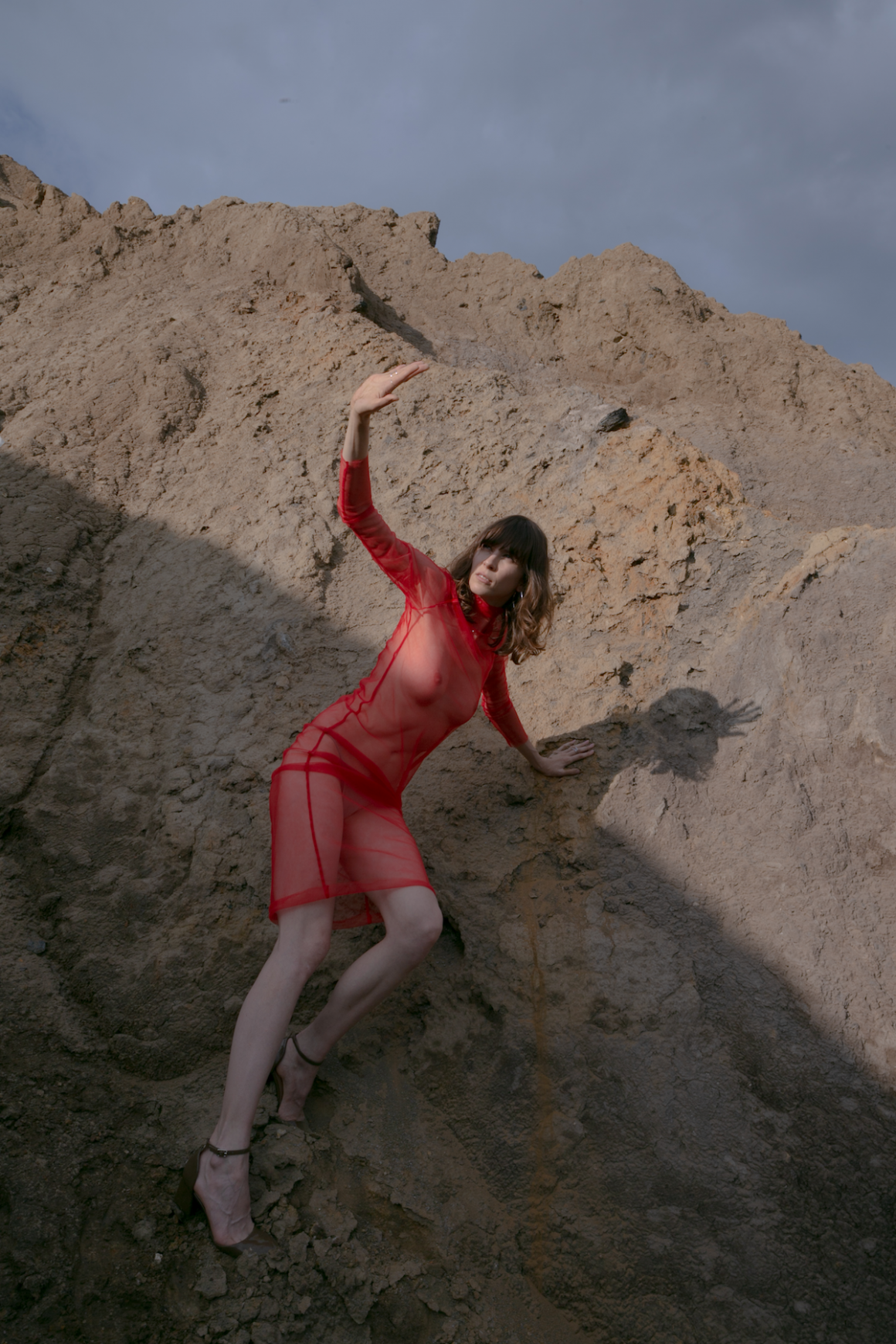
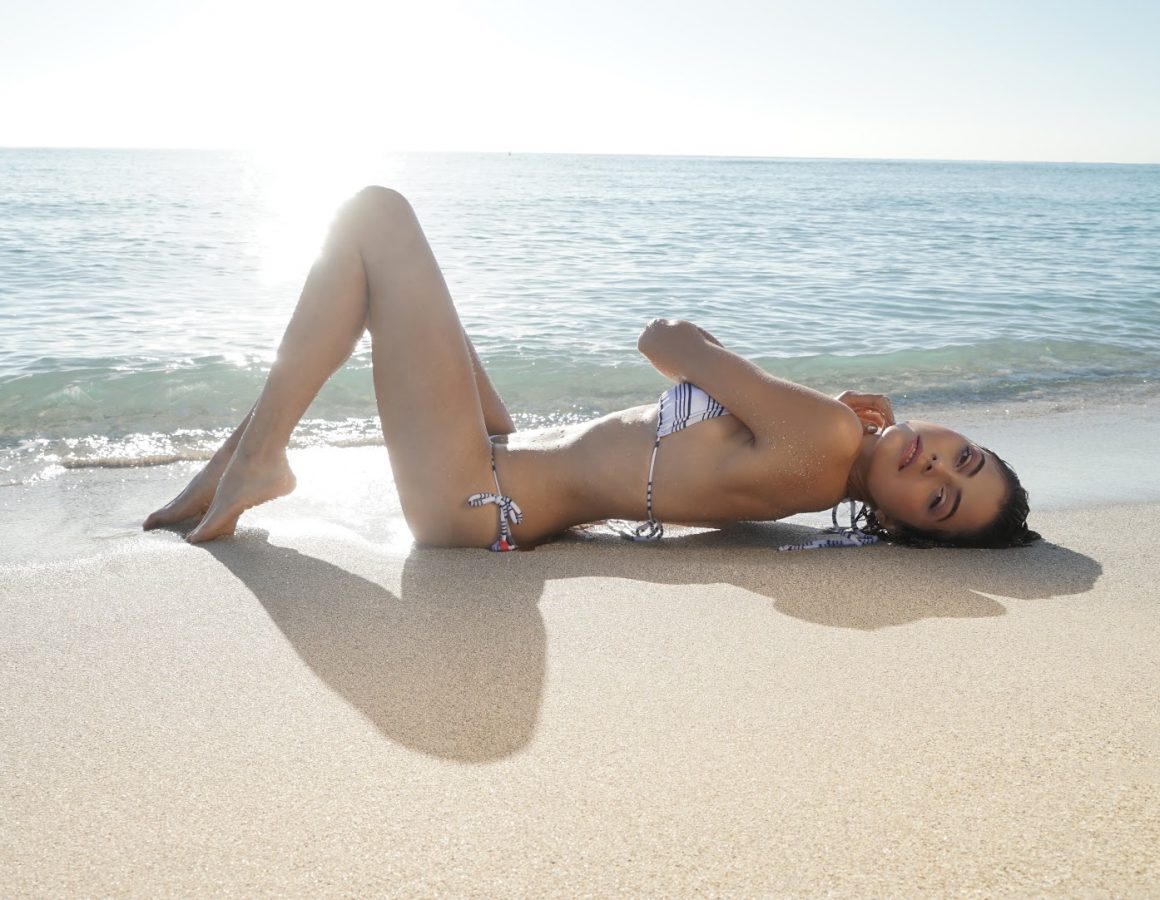
Follow us on Instagram